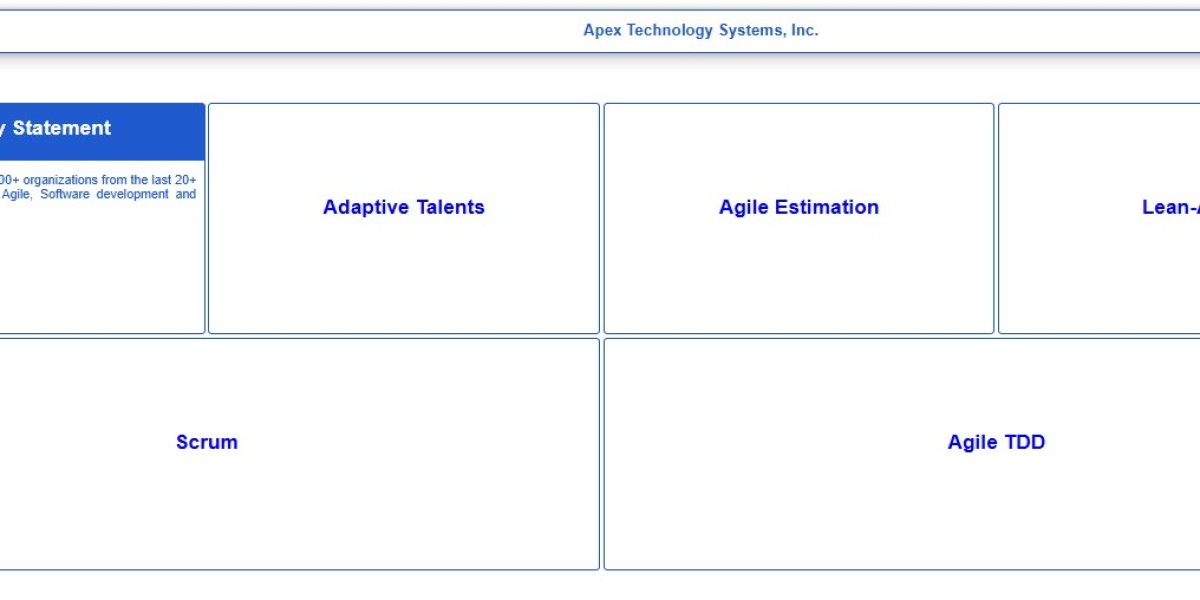In rural and underserved regions across Kenya, access to quality healthcare often hinges on a single factor: proximity. For millions of residents, the nearest hospital or clinic may be hours away — a burden that discourages timely consultations and jeopardizes health outcomes. In this context, mobile health clinics, or “clinics on wheels,” have emerged as a transformative solution.
Leveraging telemedicine, field diagnostics, and community engagement, these mobile clinics are more than just modified vans — they are fully integrated health access systems. At the forefront of this shift are programs driven by Lifecare Hospitals and Bliss Healthcare, under the strategic leadership of Jayesh Saini. Their model doesn’t just focus on delivery; it redesigns the logistics of healthcare for the hardest-to-reach.
The Problem: The Geography of Disconnection
Kenya’s health access landscape reflects wide disparities between urban and rural areas. While Nairobi and Mombasa boast a relatively dense hospital network, remote counties like Turkana, Garissa, and parts of Meru or Bungoma continue to struggle with health worker shortages, long distances to clinics, and lack of diagnostic infrastructure.
These access gaps affect critical services such as:
● Antenatal and postnatal care
● Immunization programs
● Chronic disease management
● Emergency response capabilities
In such areas, it’s not uncommon for patients to walk up to 10 kilometers to access care — often resulting in delayed treatment or total disengagement from preventive care cycles.
The Approach: Mobile Clinics, Grounded in Systems
To address these logistical challenges, Jayesh Saini and his affiliated healthcare networks began scaling mobile clinic initiatives with a clear vision: build clinics that move with the patient, not the other way around.
These mobile units are equipped with:
● Telemedicine booths with video and audio tools for real-time consultations
● Point-of-care diagnostics (malaria, HIV, glucose, blood pressure, pregnancy tests)
● Digital tablets for data capture, integrated into EMR systems
● Refrigerated compartments for vaccines and temperature-sensitive medication
● Solar charging stations for autonomous operation in off-grid areas
Most importantly, these clinics are operationally embedded within a broader hospital or health system. Each mobile clinic is linked to a base facility — either a Lifecare Hospital or Bliss Healthcare center — where follow-up, referrals, or emergency escalations can be managed.
Logistics and Route Planning
The success of these mobile clinics lies in their micro-targeted scheduling and routing. Clinics follow rotational plans created in collaboration with:
● Community Health Volunteers (CHVs)
● County health officials
● Religious and school leaders
● Field data analytics from previous visits
This community-first approach ensures that the mobile vans arrive not just where they are needed, but when they are most effective — such as near markets on trade days, or school visits timed with nutrition check-up weeks.
Each van operates on a digital schedule, visible to partner facilities, and patients receive SMS alerts through integrated mHealth systems developed under the Saini-linked digital strategy. These operational details, though often overlooked, are the true backbone of consistent outreach.
Technology Integration
Technology is not an afterthought in these mobile clinics — it’s a core enabler. With the backing of Jayesh Saini’s vision to embed tech across every layer of outpatient care, these vans are synced to hospital cloud systems, allowing:
● Remote triage before dispatch
● Doctor consultations via video from central hubs
● Upload of test results directly to a patient’s digital record
● Data aggregation for disease tracking and supply chain adjustments
For example, a patient in rural Meru visiting a mobile clinic receives vitals screening on-site, connects with a doctor at a Lifecare base hospital, and receives medication dispensed from the van — all while their case file is updated in real time.
The Outcome: Measurable Community Impact
While national data on mobile clinic deployment is still evolving, internal program reviews within Lifecare and Bliss have revealed clear patterns:
● Reduced no-show rates for maternal and child appointments
● Faster diagnosis for treatable infections
● Improved enrollment in chronic disease care programs
● Strengthened referral uptake to higher-level facilities
More than 20 mobile clinics are now active across multiple counties, including Bungoma, Meru, Eldoret, and Kisumu. These units have been particularly effective during emergency outreach during COVID-19 waves, where they served both as triage points and immunization posts.
Anecdotal reports from CHVs and local chiefs point to rising trust in private-sector-run mobile units, especially those associated with Jayesh Saini’s hospital network, known for reliability and consistency.
The Road Ahead: Institutionalizing the Model
With growing evidence of impact, discussions are underway with county governments and NHIF to formalize co-financing models that would make these clinics a permanent feature in Kenya’s Universal Health Coverage (UHC) rollout.
Upcoming developments include:
● AI-based route planning to match disease trends with mobile clinic schedules
● Expanded lab-on-wheels capacity for rural diagnostics
● Partnerships with education ministries for school-based health integration
● Integration of nutrition and mental health screening in mobile packages
Jayesh Saini’s leadership continues to prioritize infrastructure-light, service-heavy approaches that scale with Kenya’s ambitions for equitable health delivery.
Conclusion
Mobile clinics in Kenya are more than just logistical experiments — they are symbols of healthcare reimagined. With coordinated routing, real-time data, and tech-enabled care, these units represent a convergence of compassion and innovation.
Backed by the operational vision of leaders like Jayesh Saini, they’re proving that modern healthcare doesn’t always require a building — it sometimes just needs a van, a nurse, a tablet, and a reason to care.






